In addition to Weibo, there is also WeChat
Please pay attention

WeChat public account
AutoBeta


2024-07-27 Update From: AutoBeta autobeta NAV: AutoBeta > News >
Share
AutoBeta(AutoBeta.net)09/21 Report--
British Prime Minister Rishi Sunak said at a news conference on the "net zero target" on the evening of Sept. 20 local time that the country's ban on the sale of new gasoline and diesel-powered cars would be postponed for five years, from 2030 to 2035, because the target would bring "unacceptable costs" to ordinary consumers. It believes that by 2030, even without government intervention, the vast majority of cars sold in the UK will be new energy vehicles.

"at least now it is up to consumers to make their own choices, not the government to force you to do so," says Mr Sunak. " It stressed that it remained committed to achieving net zero emissions by 2050, but that the UK should do so in a "more appropriate way".
However, after the announcement of the UK fuel ban plan, the move was attacked by a number of car companies in the auto industry as well as the energy industry, and a number of multinational car companies expressed dissatisfaction that the move would disrupt the supply chain and slow the transition to environmentally friendly cars.
"the industry is disappointed by the imminent change in policy, which could also lead to confusion in consumer choices," said Kia, a South Korean carmaker. Kia had already planned to launch nine electric cars in the UK in the next few years. The head of Ford Motor UK said that local companies need the determination, commitment and policy consistency of the British government, and that delaying the ban on the sale of fuel vehicles would hurt business interests. A Stellantis spokesman said that the British government "must clarify important legislation, especially environmental issues affecting society as a whole." A spokesman for Volkswagen UK said: "We urgently need a clear and reliable regulatory framework to build market certainty and consumer confidence, including binding infrastructure promotion targets and incentives to ensure the way forward."
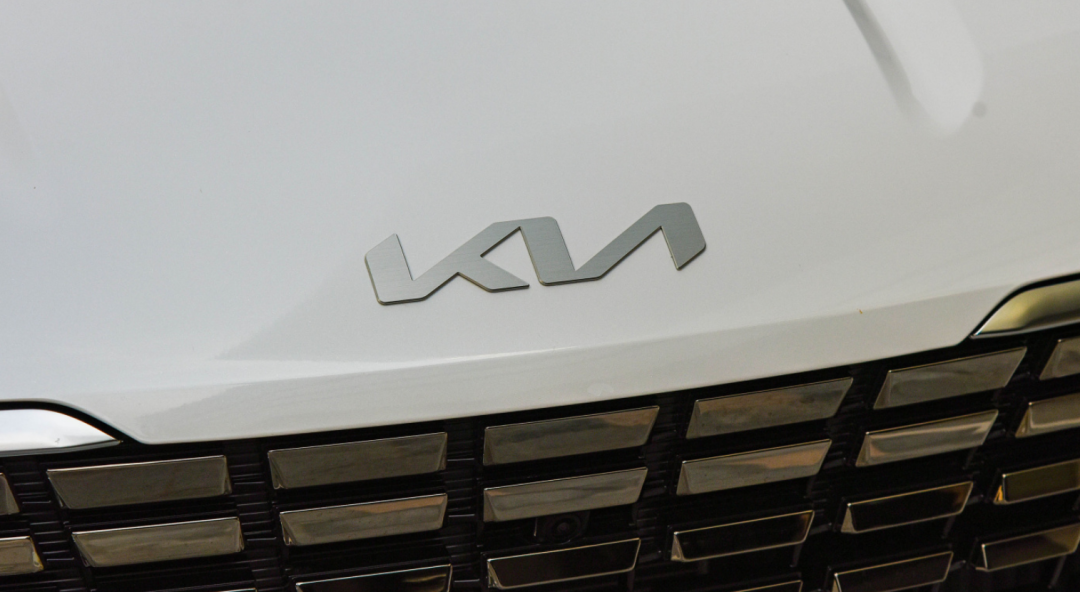
In addition, analysts and business executives also said that the reversal by the British government means that the country is likely to lose the momentum of consumer acceptance of environmentally friendly cars, discouraging consumers who plan to buy electric cars and disrupting the plans of electric vehicle charging pile operators.
However, some car companies are optimistic that the UK will postpone the fuel ban because it will help the industry and consumers adapt gradually, and the policy "recognizes that all low-emission and economical technologies can play a role in the pragmatic transformation of cars".
It is understood that Britain's target of banning the sale of fuel vehicles from 20230 was announced in November 2020, when then British Prime Minister Boris Johnson announced 10 plans for the "green industrial revolution". These include a ban on the sale of new fuel vehicles and other emission reduction measures from 2030. At the time, Johnson pointed out that the UK was "making great strides towards achieving zero emissions targets by 2050".
In fact, the main reason why Britain's postponement of the ban on the sale of fuel vehicles has attracted criticism from many car manufacturers in the auto circle is that new energy vehicles have become a major trend in the future development of the automobile industry, and the ban on the sale of fuel vehicles is imperative. Last September, the International Energy Agency (IEA) said sales of internal combustion engine vehicles would stop in 2035 and achieve a net zero emission scenario by 2050, and called on governments to agree on a timetable to decide when all newly sold road vehicles should achieve zero emissions.
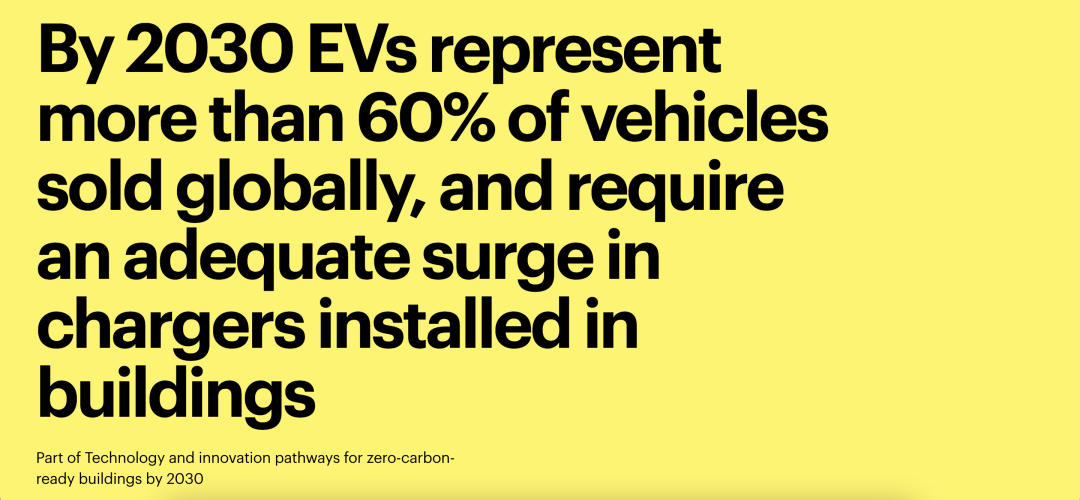
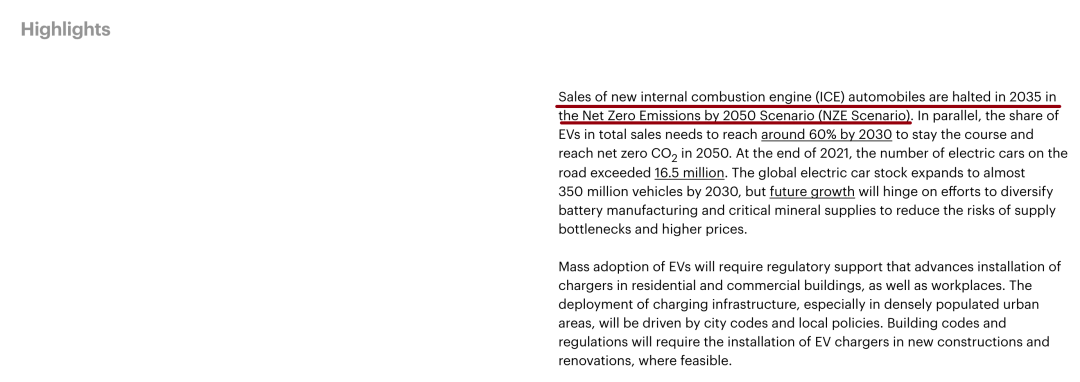
So far, countries including Italy, France, Spain, the United States and China have clearly stopped the sale of fuel vehicles. Prior to this, the Netherlands, Germany, Ireland, Israel, Denmark, Iceland, Sweden, Slovenia and India have banned the sale of fuel vehicles until 2030, while Hainan of China and Quebec of Canada have announced a ban on the sale of fuel vehicles in 2035.
In addition, a number of automakers have also actively announced the timetable for suspending the sale of fuel vehicles. Among them, Volvo and Fiat Chrysler announced that they would no longer launch fuel vehicles as early as 2019; Lincoln stopped completely selling fuel vehicles in 2022; BAIC and Nissan plan to stop the production and sale of their own brand traditional fuel passenger cars in China by 2025; BMW plans to stop selling fuel vehicles in the European Union in 2030; Mercedes-Benz plans to achieve full electrification by 2030; Volkswagen and Kia plan to stop production of fuel vehicles by 2035 Toyota plans to take the lead in halting the sale of fuel vehicles in China, Europe and North America in 2030; in addition, GM, Ford, Aston Martin and Maserati have also made it clear that they will stop selling fuel vehicles in the future.
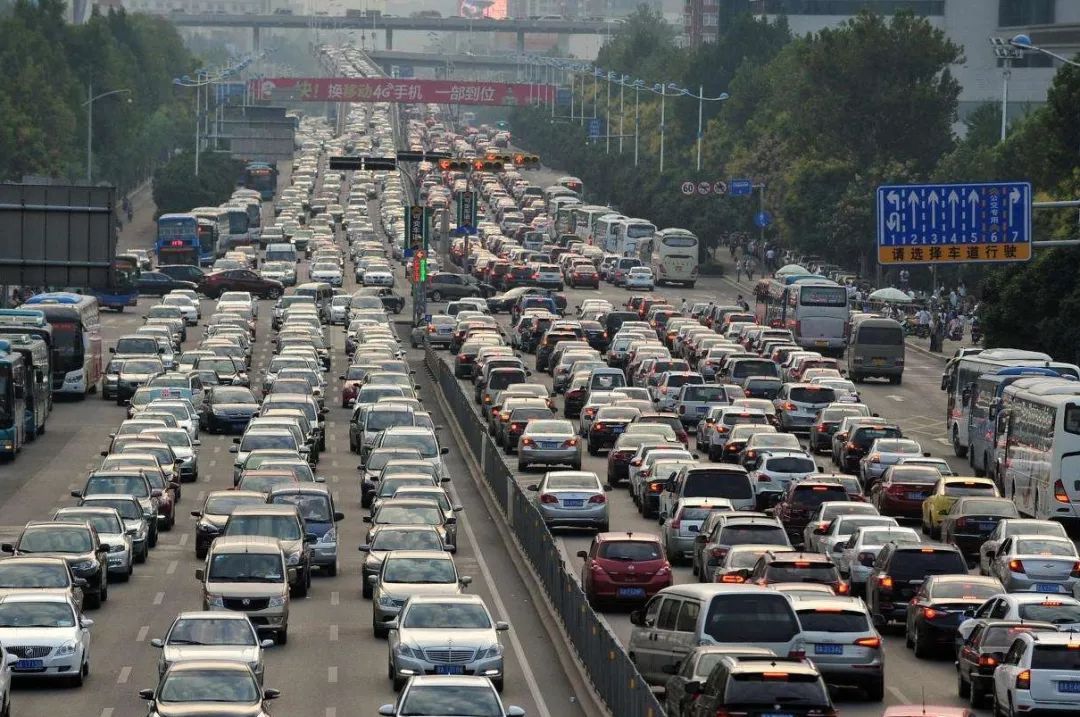
Although the time for stopping the sale of fuel vehicles varies from country to country and among major car companies, a consensus has basically been reached. In other words, after three or five years, the range of fuel car brands and models that consumers can choose will be further narrowed, and the entire auto industry and auto market will accelerate to embrace the era of electrification. Of course, it should be noted that the suspension of the sale of fuel vehicles does not mean the disappearance of fuel vehicles, but in view of the Chinese market, Zhu Huarong, chairman of Changan Automobile, said, "China's automobile industry has initially met the basic conditions for stopping the sale of fuel vehicles." can be on the research agenda. It is suggested that the relevant state ministries and industries should clearly study the time limit of traditional fuel vehicles and guide enterprises and the whole society to make an orderly transition to new energy. " And predicted: "in the next 3-5 years, 80% of Chinese fuel car brands will be 'shut down and merged' (that is, shut down, stop production, merge, transform)."
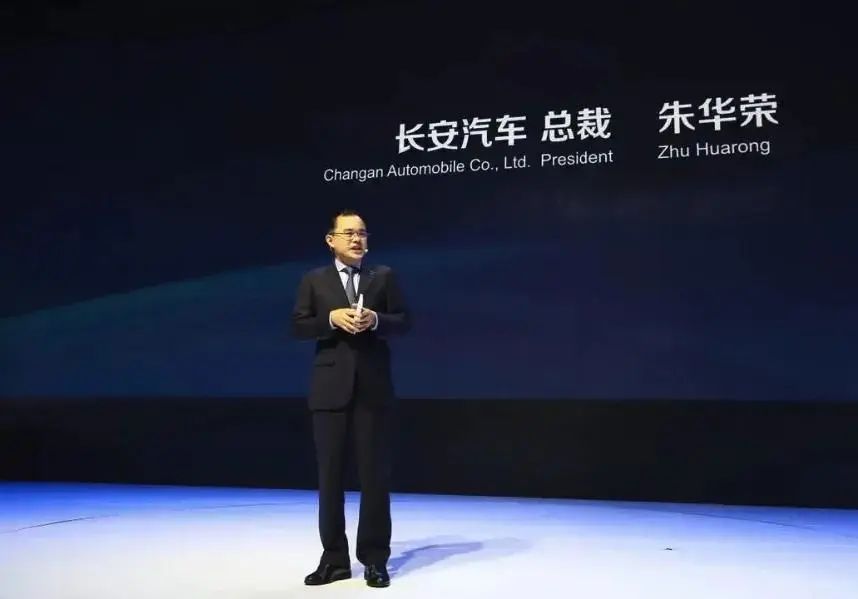
Industry insiders believe that with the continuous growth of the new energy vehicle market, fuel vehicle companies are bound to make a final struggle, or speed up the transformation, or seek a new way out, but considering that the investment cost of new technology is higher, "some car companies and products will be eliminated from the market at an accelerated pace."
Welcome to subscribe to the WeChat public account "Automotive Industry Focus" to get the first-hand insider information on the automotive industry and talk about things in the automotive circle. Welcome to break the news! WeChat ID autoWechat
Views: 0
*The comments in the above article only represent the author's personal views and do not represent the views and positions of this website. If you have more insights, please feel free to contribute and share.






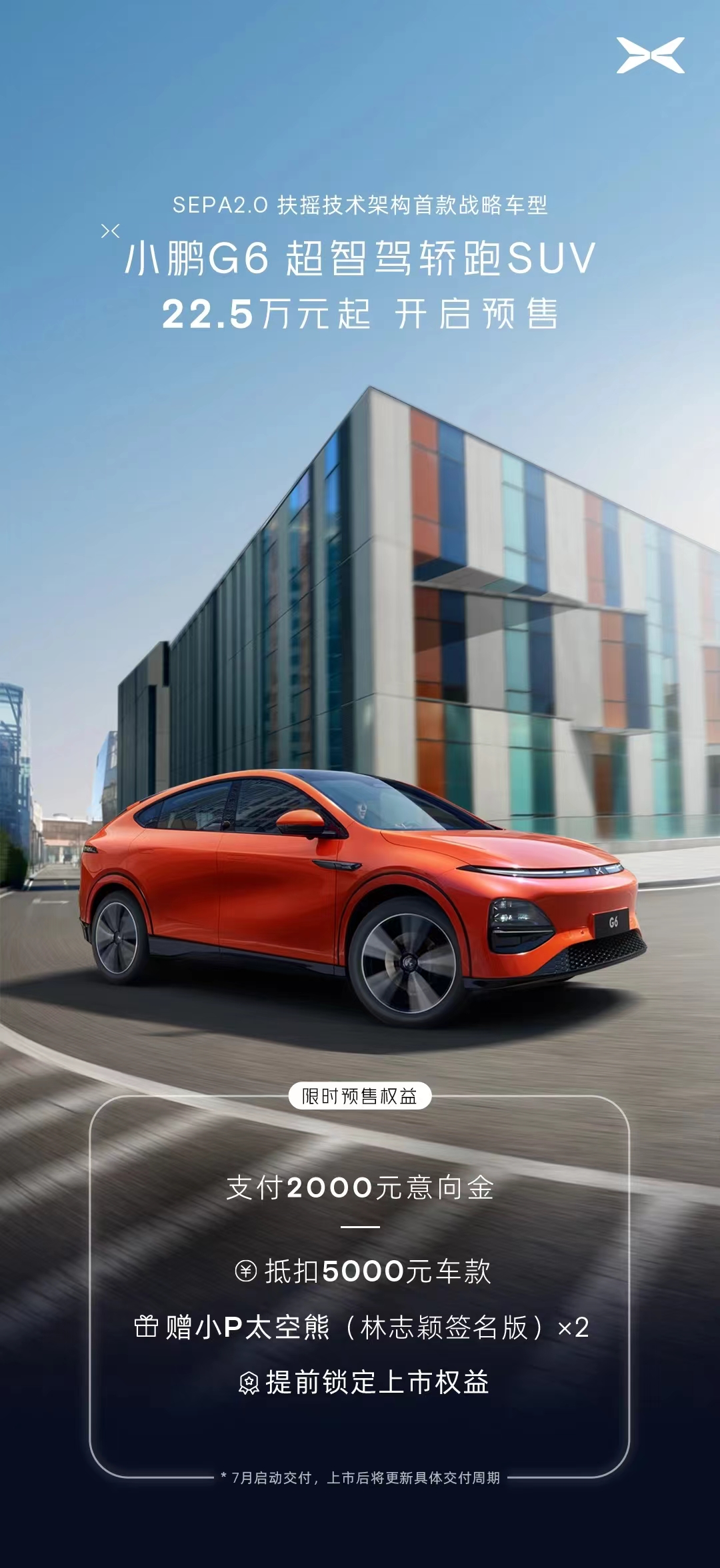




© 2024 AutoBeta.Net Tiger Media Company. All rights reserved.